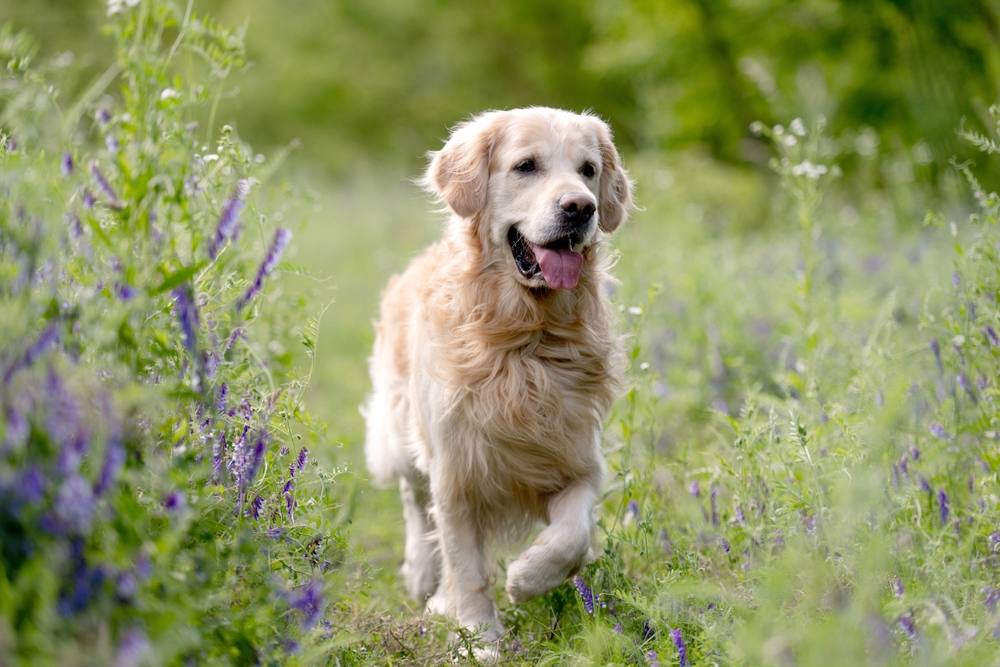Golden retrievers are among the most popular dog breeds in the world. Known for their gentle nature, loyalty, and friendly personality, they make excellent companions for families, singles, and seniors. But like any breed, golden retrievers are not perfect for everyone. If you’re considering adding one to your household, it’s helpful to ask; What are the disadvantages of golden retrievers? Understanding the challenges can help you make a well-informed decision.
High Energy & Exercise Needs
Golden retrievers are active dogs that require consistent physical and mental stimulation. Without enough exercise, they can become bored, restless, and even destructive. Their playful energy is charming, but it also demands a daily commitment.
- Needs 1–2 hours of exercise daily – Walks, playtime, and activities are essential.
- Not ideal for sedentary households – Lack of movement can lead to behavior issues.
- Requires space to move – A backyard or regular trips to the park are often needed.
Heavy Shedding & Grooming
Golden retrievers have a thick double coat that sheds year-round, with heavier shedding in the spring and fall. Their fur requires regular maintenance to prevent matting, reduce dander, and keep your home from being covered in hair.
- Brush 2–3 times per week – Helps manage shedding and keeps the coat healthy.
- Increased grooming time – Their coat can trap dirt, leaves, and odors easily.
- Vacuuming often required – Their hair tends to cling to furniture and floors.
Health Concerns
Golden retrievers are prone to several genetic health conditions. While not every dog will experience these issues, it’s important to be prepared for the possibility of long-term care and veterinary costs.
- Hip and elbow dysplasia – Common in large breeds and may cause mobility problems.
- Cancer risk – Golden retrievers have one of the highest cancer rates among dog breeds.
- Ear infections – Their floppy ears trap moisture and require regular cleaning.
Emotional Sensitivity
Golden retrievers are emotionally intelligent and deeply connected to their humans. While this makes them loving companions, it also means they are sensitive to changes in tone, tension, or conflict in the household.
- Don’t handle harsh correction well – Respond better to positive reinforcement.
- Separation anxiety – May become distressed if left alone for long periods.
- Need emotional connection – Thrive on closeness and daily interaction.
Size & Strength
Though they are friendly and gentle, golden retrievers are still large dogs. Their size and strength can be overwhelming for small children or elderly owners, especially during walks or moments of excitement.
- Adult males can weigh up to 75 pounds – Strong enough to pull on a leash or knock things over.
- Require leash training – Early obedience is important for safe handling.
- May not suit all households – Consider size when living in tight spaces or apartments.
Golden retrievers are loyal, affectionate, and intelligent dogs – but they also come with responsibilities and challenges. Their high energy, heavy shedding, health risks, and emotional needs make them better suited for owners who can invest time, care, and consistency. By understanding the disadvantages ahead of time, you’ll be better prepared to give your golden retriever the healthy and happy life they deserve.

